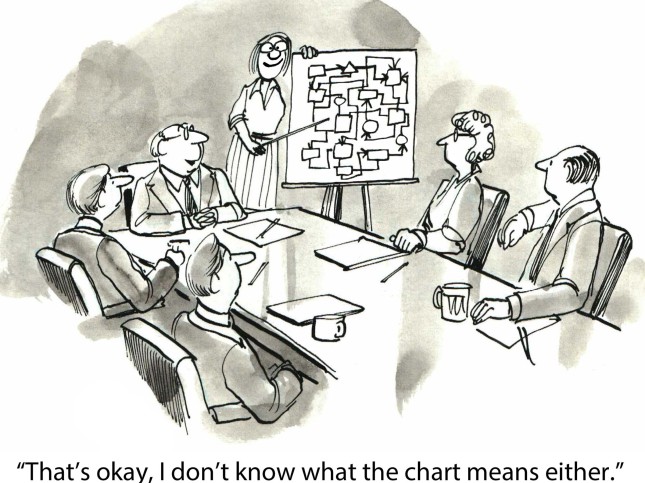Are Your Measurements Driving Dishonest Sales Practices?
It’s a truism in business that what gets measured gets done. That’s usually a good thing, except when a relentless focus on the What overshadows a valid concern for the How, as illustrated by two stories I came across in Sunday’s news media.
The first story was by David Segal in the New York Times business section, in which he elaborated on an earlier story, detailing how Staples emphasizes the selling of warranties and accessories on computers and other equipment. Sales reps are expected to sell an average of $200 of add-ons per machine, or risk termination. The result? Sales reps often refuse to sell computers to customers who won’t purchase the plans, or they will lie about the manufacturer’s warranty to push redundant and unnecessarily expensive plans. In one example, Epson has a floor sticker that touts their warranty as the best in the business, and reps are supposedly told to stand on the sticker!
Since the original story came out in September, Staples management sent out an email telling its reps that they could be subject to disciplinary action if caught using these practices, but has not changed its $200 expectation.
On Sunday evening, 60 minutes ran a story on Health Management Associates, a hospital chain that allegedly pressured its emergency room doctors to admit 20% of patients into the hospital, regardless of medical need. According to the story, doctors were told (by administrators with no medical training), or goaded by a software package, to admit patients with no compelling medical reason to do, in order to fill empty beds. As in the Staples story, threats of termination for non-compliance were implied or overtly discussed. The hospital spokesperson interviewed on camera denied the practice, which interviewer Steve Kroft said had been corroborated by approximately 100 people they interviewed.
You can’t conclude from the limited detail presented that management meant to drive its employees to use questionable practices. Maybe problems like this arise because managers down the line find it easier to bark orders and threats than to provide their employees with the training and resources to help them meet tough goals. Or maybe the people at the top are so out of touch with conditions on the front line that they pull unrealistic goals out of their arse to satisfy investors. Or maybe it’s hard to find honest people to hire for the workforce.
Actually, that last reason is by far the least likely explanation of all. I believe that the vast majority of people in business are honest, and want to do the right thing for their employers and their customers. But, as Deming said, “a bad system will beat a good person every time”.
There’s nothing wrong with aggressive measurements, and providing incentives to drive increasing productivity from your salespeople—all employees, in fact. But executives and managers have a professional and ethical obligation not to place employees into a quandary whereby they daily have to choose between a paycheck and ethical behavior.



